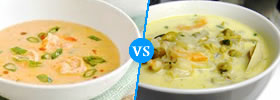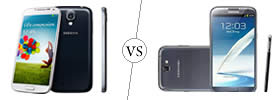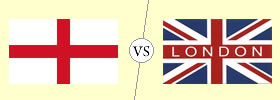Difference Between Lite and Light
Key difference: ‘Lite’ is an informal way of writing ‘light’, but it can only be used in some instances. The term ‘light’ has various different uses in the English language, such as a light product, a source of light, etc.
 The term ‘lite’, is most commonly used in American English, and is very rare in British English. ‘Lite’ is an informal way of writing ‘light, but it can only be used in some instances. It is mainly used to as a marketing term in labeling and advertising commercial products, such as ‘lite beer,’ or ‘lite coke.’
The term ‘lite’, is most commonly used in American English, and is very rare in British English. ‘Lite’ is an informal way of writing ‘light, but it can only be used in some instances. It is mainly used to as a marketing term in labeling and advertising commercial products, such as ‘lite beer,’ or ‘lite coke.’ • Having light or illumination; bright; well-lighted: the lightest room in the entire house.
• Pale, whitish, or not deep or dark in color: a light blue
• (Of coffee or tea) Containing enough milk or cream to produce a light color.
• Of little weight; not heavy: a light load.
• Of little weight in proportion to bulk; of low specific gravity: a light metal.
• Of less than the usual or average weight: light clothing.
• Weighing less than the proper or standard amount: to be caught using light weights in trade.
• Of small amount, force, intensity, etc.: light trading on the stock market; a light rain; light sleep.
• Of little importance or consequence; trivial: The loss of his job was no light matter.
• Easily digested: light food.
• Low in any substance, as sugar, starch, or tars, that is considered harmful or undesirable: light cigarettes.
• Having fewer calories and usually lower alcohol content than the standard product.
• Spongy or well-leavened, as cake: The cake is light as air.
• Airy or buoyant in movement: When she dances, she's as light as a feather.
• Nimble or agile: light on one's feet.
• Free from trouble, sorrow, or worry; carefree: a light heart.
• Cheerful; a light laugh.
• Dizzy; slightly delirious: I get light on one martini.
• Military – Lightly armed or equipped: light cavalry.
• Nautical – Noting any sail of light canvas set only in moderate or calm weather, as a royal, skysail, studdingsail, gaff topsail, or spinnaker.
• Meteorology – (of wind) having a speed up to 7 miles per hour (3 m/sec). Compare light air, light breeze.

• Lightly: to travel light.
• With no load or cargo hauled or carried: a locomotive running light to its roundhouse.









Add new comment